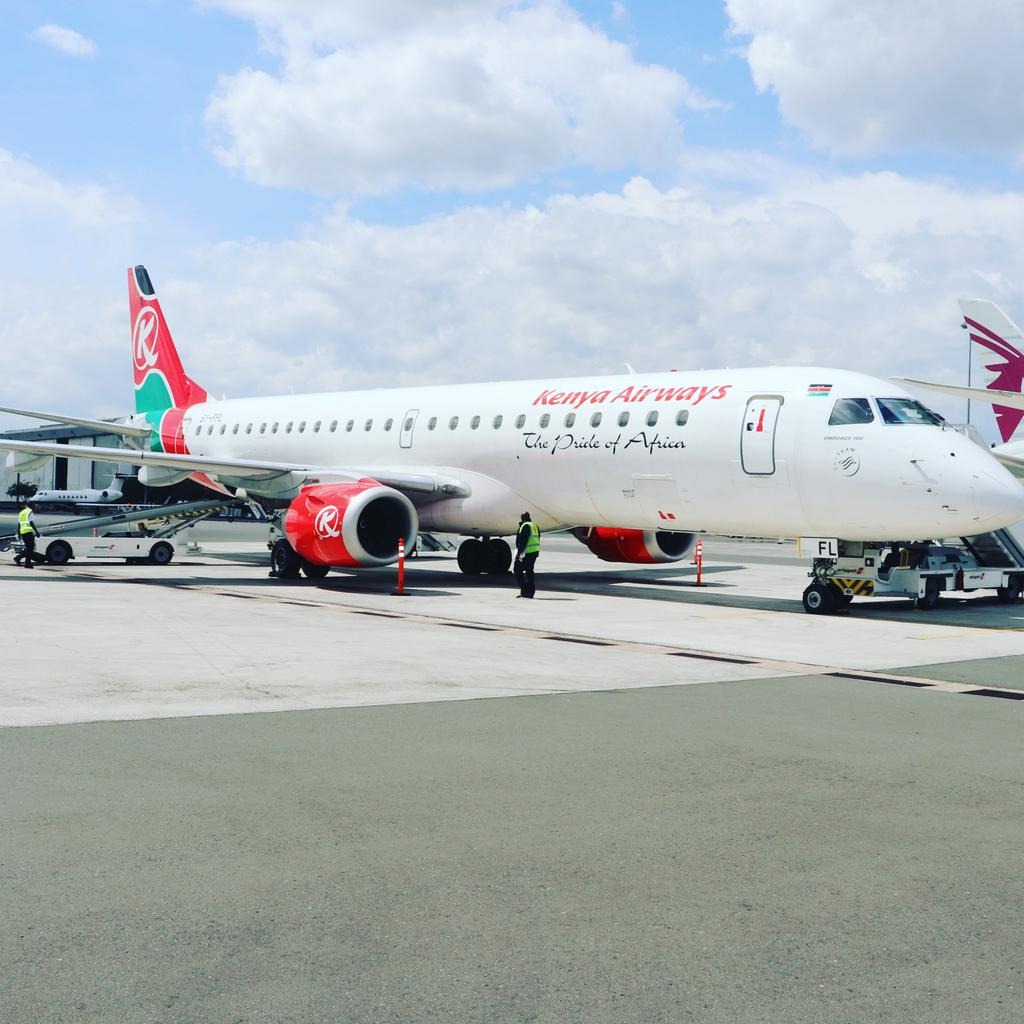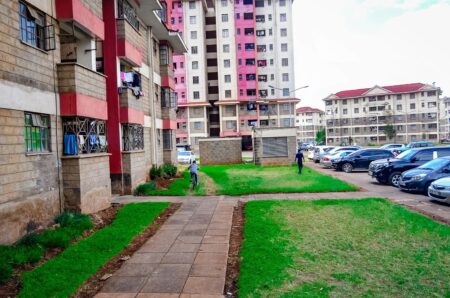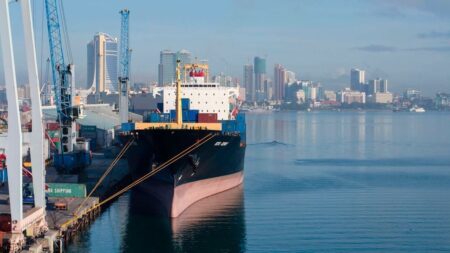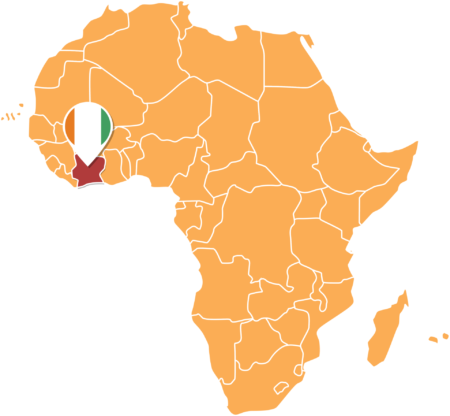Partner states of the East African region have been urged to fast-track the finalization and implementation of EAC regulations on liberalization of air transport services.
This is amid a finding which reveals that the high cost of air transport in the region is attributed by slow pace of liberalization.
According to the East African Business Council (EABC), liberalization of air transport services will lower flight costs and in turn reduce the cost of doing business in the region.
A finding by the latest policy paper by EABC dubbed, ‘Costs and Benefits of ‘Open Skies’ in the East African Community’, says that air-transport liberalization is set to lower flight costs by 9 percent and see a 41 percent increase in flight frequencies.
According to the paper, despite the commitments of the EAC Partner States at the international level, the domestic air transport sector remains protected, reducing accessibility and increasing air transport cost at the expense of potential users.
EAC Partner states urged to liberalize professional services across borders
“Liberalization of air services in the region will increase traffic volumes, improve connectivity and lower air transport fares. This will in turn increase trade and tourism, inward investment and productivity growth,” said EABC CEO, John Bosco Kalisa.
Kalisa urged the EAC Partner States to waive landing fees, excise duty on aviation fuel, navigation, landing, parking and COVID-19 related fees to see a reduction in operating costs.
“To encourage imports by air, EAC Partner States should waive all import duties and Value Added Tax (VAT) by air during the COVID crisis,” he said.
The policy paper also recommends for the EAC Partner States to provide subsidies for the aviation industry in the form of direct financial support; loan guarantees, corporate bonds and tax reliefs.
The Council has also urged EAC Partner States to grant each other the free exercise of the rights of the first, second, third, fourth and fifth freedoms of the air on scheduled passenger, and non-scheduled passenger, cargo and/or mail flights performed by an Eligible Airline to/from their respective territories.
“By removing foreign restrictions, EAC Partner States will be able to attract private sector investment. This will open up access to capital and avail investment in infrastructure upgrades and capacity expansion for regional airports,” Kalisa added.
Covid-19 has seen a drop in the tourism sector.
In 2020, EAC received about 2.16 million international tourists compared to about 7.05 million in 2019.
International tourist receipts dropped from USD 6.1 billion in 2019 to about USD 1.9 billion in 2020.
“Air transport in East Africa is still expensive by international standards; as is exhibited in the current high passenger airfares and freight charges. Flight costs (both passengers and cargo flights are high in the EAC region), thus contributing to a high cost of doing business in the region,” the paper noted.
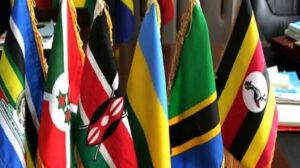
Cushioning the sector
In the paper, the Council noted that despite the measures introduced to cushion the air transport to keep it afloat, due to liberalized EAC air space, Partner States have continued to deny each other freedoms especially the fifth freedom as per the Yamoussoukro Decision.
The report notes that failure to liberalize has led to exorbitant freight charges rendering the sector noncompetitive with the global operators.
“Importantly, a substantial body of research has repeatedly found that liberalization has led to increased traffic volumes, greater connectivity and choice and lower fares. Furthermore, the benefits of air service liberalization extended well beyond the aviation industry and passengers, it contributes to greater trade and tourism, inward investment, productivity growth, increased employment and economic development,” the paper notes.
The paper has also established that liberalization between the five EAC Partner states could result in an additional 46,320 jobs and USD202.1 million per annum in Gross Domestic Product (GDP).
UNCTAD: How Africa’s economy will perform in 2020
The Council’s paper recommends a raft of measures including the implementation of open skies policy through fully implement the Yamoussoukro Decision and enable a multilateral “open skies policy.
It also recommends member states to come up with a strategy to address high air fares through reducing the taxes, charges and fees that impact ticket cost in the region.





